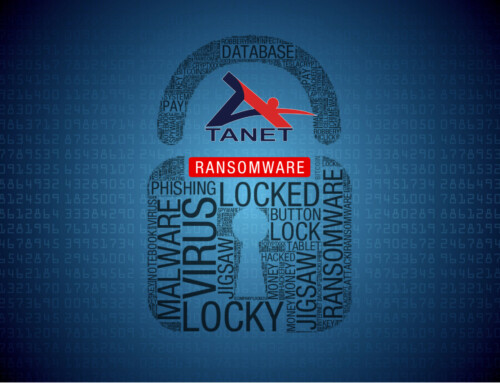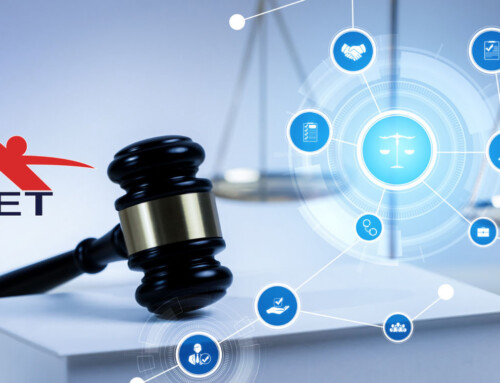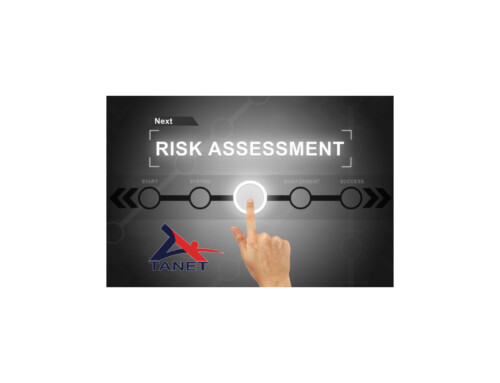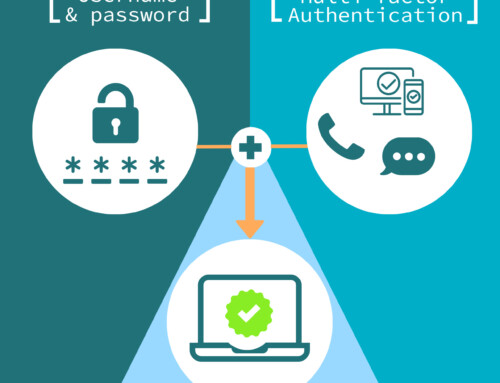In the digital age, legal teams must grapple with a significant challenge: balancing data privacy regulations with the legal obligations of discovery. Whether dealing with sensitive client information or handling vast amounts of personal data, it’s crucial for legal professionals to navigate these intersecting domains without compromising compliance or security.
Understanding the Complexity of Data Privacy in Legal Discovery
Legal discovery requires the collection, preservation, and sharing of information that might be relevant to a case. However, in many cases, the data involved includes sensitive personal information protected by privacy regulations like the Health Insurance Portability and Accountability Act (HIPAA) in the United States or the General Data Protection Regulation (GDPR) in the EU.
While the discovery process is essential for litigation, regulations such as these place strict limitations on how data can be stored, accessed, and transferred – especially when it involves personal data. Navigating the intersection of these two requirements is one of the most pressing challenges for legal teams today.
Strategies for Compliant Legal Discovery
Legal teams need to implement thoughtful strategies to ensure compliance with both legal discovery requirements and data privacy regulations. Here are key considerations:
- Data Minimization: Collect only the information that is absolutely necessary for the case. The principle of data minimization is key to remaining compliant with privacy laws, as collecting excessive or irrelevant data may lead to breaches of regulations.
- Anonymization and Redaction: Where possible, data should be anonymized or redacted to protect personal details. This ensures that sensitive information is not unnecessarily exposed during the discovery process.
- Cross-Border Data Transfer Considerations: If your case involves parties from different states or countries, be aware of the challenges of transferring data across borders. Compliance with local data privacy laws is crucial, and it may be necessary to obtain explicit consent from the data subjects or use standard contractual clauses to lawfully transfer data.
- Technology Solutions for Legal Discovery: Legal teams can leverage specialized software solutions that are designed to handle e-discovery while ensuring compliance with data privacy regulations. These tools allow for advanced filtering, automated redaction, and secure handling of sensitive data, all of which streamline the discovery process while protecting privacy.
- Working with IT and Security Experts: Collaboration between legal and IT teams is indispensable for navigating the intersection of privacy and discovery. IT professionals can assist with securing data, implementing encryption, and ensuring that proper access controls are in place to protect sensitive information.
TANET understands the unique challenges legal teams face when managing data for discovery purposes. With expertise in IT support, cybersecurity, and compliance, TANET provides solutions that ensure your firm meets privacy regulations while maintaining the integrity of the discovery process.
Our services help legal teams protect sensitive client information and streamline legal discovery without risking compliance breaches. From ensuring secure access controls to offering regular audits of data handling practices, TANET’s cybersecurity solutions safeguard against potential data privacy violations, giving legal teams the confidence to focus on their cases.
































